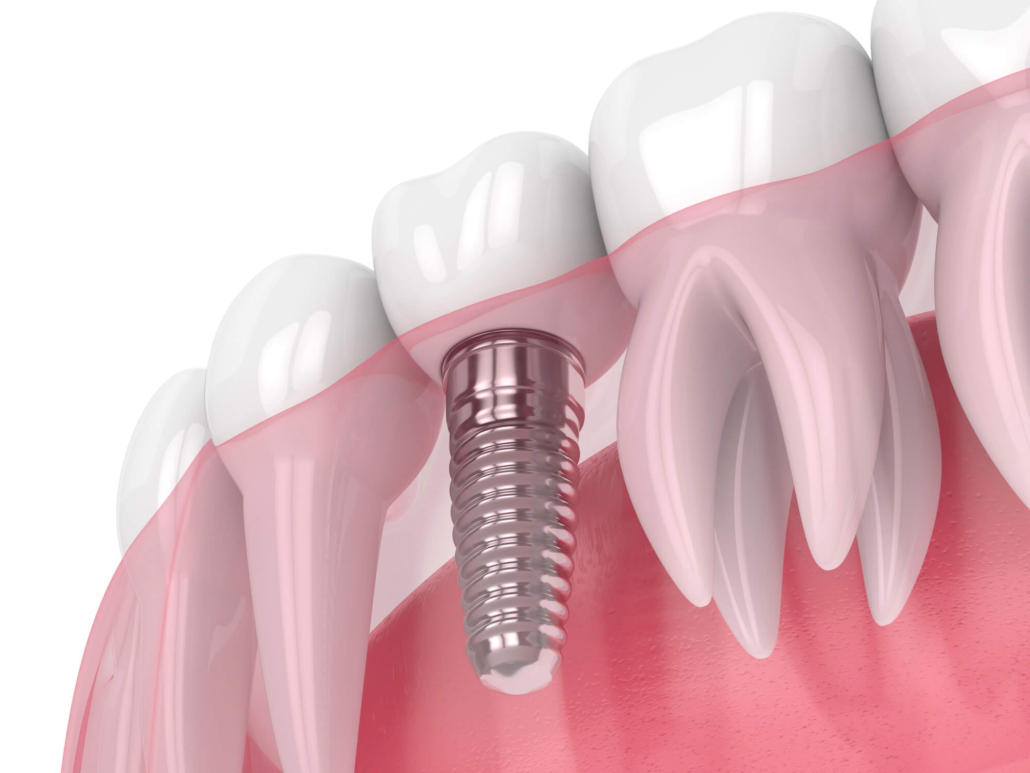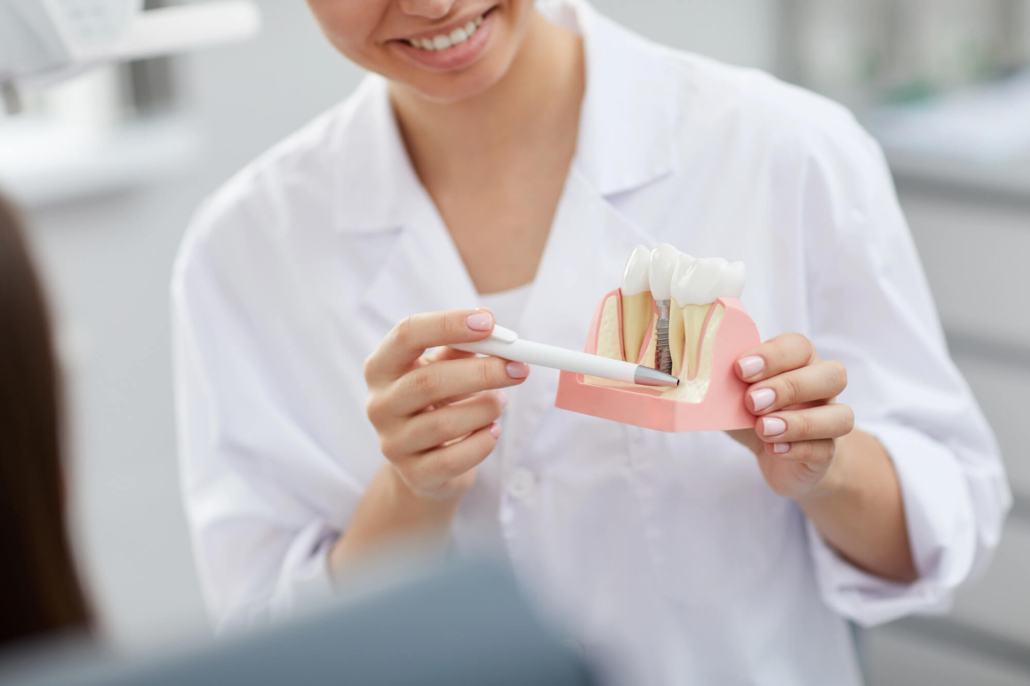Is Exercise Safe After Dental Implant Surgery?
If you’re active, the thought of sitting still after getting dental implants in South Florida can feel frustrating. You might feel fine within a day or two and wonder if hitting the gym, running, or jumping back into your usual routine is okay. But rushing back too soon can interrupt healing and affect your long-term results. If you recently underwent oral surgery, knowing how and when to return to physical activity can make a big difference in your recovery.

Why Exercise Timing Matters After Implant Surgery
Even though dental implant surgery is performed in the mouth, it’s still surgery. The body needs time to heal, and that process involves rest, reduced inflammation, and protection of the surgical site.
Physical activity, especially high-impact or strenuous movement, can raise blood pressure, dislodge the clot at the site, cause bleeding, or increase swelling. These setbacks may seem small at first but can lead to complications that delay healing or even put the implant at risk.
In those first few days, the goal is to give your implant the best possible environment to stabilize and integrate with your jawbone. Once healing is underway, physical activity can usually resume in stages.
The First 48 Hours: Strict Rest Recommended
Right after surgery, rest is key. Avoid any form of exercise—including walking for exercise, yoga, or stretching. These early hours are when bleeding and swelling are most likely, and movement can make those symptoms worse. Even bending over to tie your shoes can increase pressure in your head and interfere with clotting.
Use this time to:
- Keep your head elevated
- Apply cold compresses as instructed
- Stay hydrated and stick to soft foods
- Avoid lifting, pushing, or physical strain
Some people feel well enough to move around the house, but that’s different from structured exercise. Save the workouts for later.
Days 3–7: Gentle Activity, But Caution Still Needed
If your symptoms are improving—less swelling, no bleeding, and minimal soreness—you can start easing back into very light movement. That might include walking at a normal pace, light household tasks, or slow stretching. Avoid anything that increases your heart rate too much or involves bouncing, bending, or head movement.
You should still avoid:
- Weightlifting
- Running or cardio training
- Sports or recreation
- Hot yoga or heated workouts
Even if you feel ready, your tissues are still healing beneath the surface. Dislodging the clot or putting strain on the implant area can affect how well the implant fuses to the bone.
Week 2 and Beyond: Gradual Return to Exercise
By the second week, most patients have improved enough to begin a more active return to their routine. This is also when your dentist will likely schedule a post-op check to make sure everything looks good. If you’ve had no bleeding, pain, or signs of infection, you may be cleared for more physical activity.
Start with:
- Low-impact cardio (cycling, elliptical, brisk walking)
- Resistance bands instead of heavy weights
- Shorter, lighter workouts with extra rest
Still, avoid direct strain to the mouth or jaw area. For example, don’t grit your teeth while lifting or clench your jaw during core workouts. If your implant is in the front of your mouth, avoid sports or activities where a facial hit is possible.

Watch for Warning Signs After Exercising
If you return to exercise and notice any of the following, stop immediately and contact your dentist:
- Throbbing pain or pressure in the surgical site
- New swelling that lasts longer than a day
- Bleeding from the gums near the implant
- A feeling that the implant is loose or shifting
Even if symptoms feel minor, they can indicate that the implant site is being disturbed by physical strain. A quick check-in can prevent complications before they become a bigger issue.
Lifestyle Factors That Support Healing
Your workout routine isn’t the only thing that matters. Supporting your overall health helps the body bounce back faster.
Here’s what helps:
- Stay hydrated and eat protein-rich, soft foods
- Avoid tobacco products, as they slow healing
- Get quality sleep to support immune function
- Follow your dentist’s instructions carefully, including any medications prescribed
The more you support your body’s natural healing, the sooner you’ll be back to full activity, and the better your implant will settle.
Your Activity Level May Influence Your Timeline
Every patient is different. If you’re someone who does CrossFit six days a week or trains for triathlons, your dentist may recommend a longer rest period. High-intensity workouts involve more risk—especially if they include body impact, blood pressure spikes, or strain on the jaw.
For others who focus on light cardio, gentle yoga, or walking, the return may happen sooner. Communicating your usual activity level with your implant provider helps them guide you with specific, realistic timelines.
What Happens If You Exercise Too Soon?
It’s easy to underestimate the impact of movement after oral surgery, but exercising too soon can interfere with the implant’s ability to heal properly. One of the biggest risks is dislodging the blood clot that forms over the surgical site. This clot protects the area and supports tissue regeneration. If it’s disturbed, you could develop a dry socket—a painful condition more common with extractions but still possible in some implant cases.
Exercising too early can also increase blood flow to the face and jaw, which may trigger bleeding or cause your sutures to pull or loosen. Even something as simple as bending forward or doing sit-ups could create unnecessary pressure near the surgical area. This might lead to swelling that lasts longer or causes discomfort that wasn’t there before.
In more severe cases, intense movement could slow or prevent the implant from fusing with the bone, a process known as osseointegration. This is the foundation of a successful dental implant. If the bone doesn’t grow around the implant properly, it may fail to stabilize—requiring removal, replacement, or additional procedures to correct the issue.
To avoid these outcomes, it’s better to take a short break, follow your dentist’s timeline, and let your body do the work of healing. That little extra rest upfront sets you up for a much better return to your normal, active routine later on.

Need Guidance About Dental Implants in South Florida? Talk to the Experts
At Broward Periodontics & Implant Dentistry, we work with active patients daily, people who care about their oral health and overall wellness. If you’ve received dental implants, we’re here to help you navigate post-surgical care with confidence. That includes answering questions about exercise, recovery, diet, and how to return to daily life while protecting your implant.
Ready for safe, expert dental implant care? Contact Broward Periodontics & Implant Dentistry to schedule your consultation. Your health, goals, and lifestyle all matter; we’re here to help you protect them.












